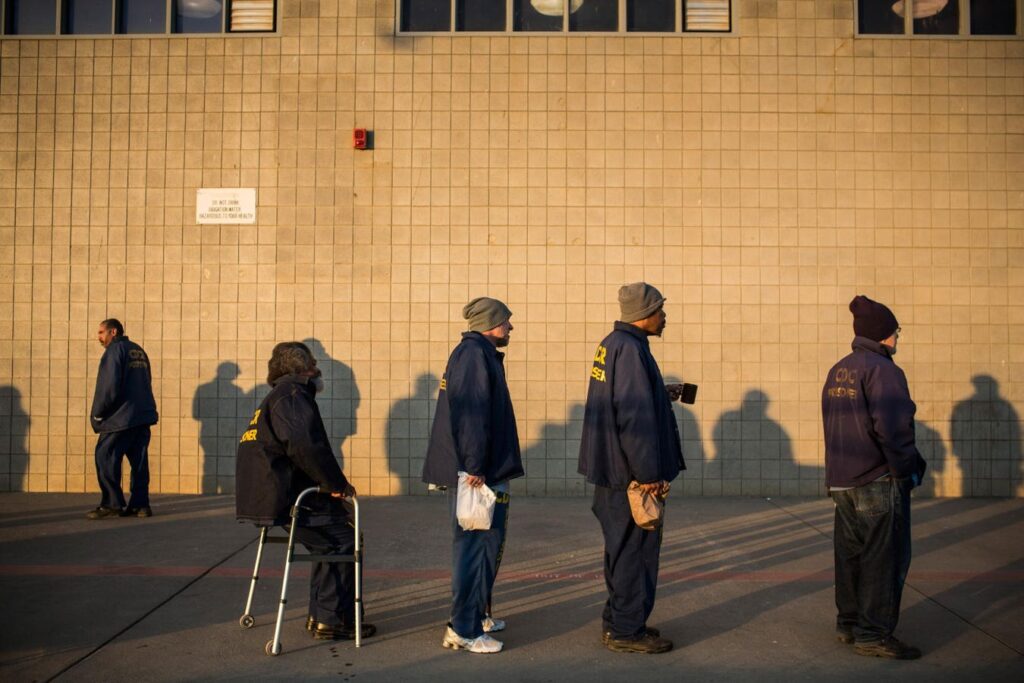
Peer Caregiving in Prisons: A Humane Response to a Growing Healthcare Crisis
As the U.S. prison population continues to grow, so too does the unmet healthcare need of older adults behind bars. According to a report by the National Institute of Justice, the number of prisoners over 55 has increased significantly since 2000, with many experiencing chronic illnesses and limited access to medical care. In response to this crisis, organizations like Humane are pioneering innovative solutions that prioritize compassion and community.
One such approach is peer caregiving, where trained volunteers within prisons provide emotional support, practical help, and end-of-life care to their fellow inmates. By tapping into the existing networks of trust within prison walls, peer caregiving programs not only improve healthcare outcomes but also promote a culture of empathy and respect among prisoners.
Humane’s innovative approach is built upon established communities within prisons, recognizing that people are more likely to open up and accept care when it comes from someone they know and trust. By empowering inmates to provide care, these programs can alleviate the burden on medical staff who are often overwhelmed and under-resourced.
“We’ve found that there are communities of care in many prisons across this country,” shares Laura Musselman, Director of Communications at Humane. “There are people who have banded together to take care of each other. And those pre-existing communities of care is where we start.”
The benefits of peer caregiving extend far beyond the prison walls. By addressing the healthcare crisis within correctional facilities, we can also positively impact the re-entry process for released inmates. Research has consistently shown that individuals who have access to quality care during incarceration are less likely to recidivate and more likely to successfully reintegrate into society.
To establish a peer caregiving program in your area, Humane recommends the following three steps:
1. **Research existing programs and resources**: Identify local organizations and initiatives already working within prisons or with vulnerable populations.
2. **Develop relationships with local prison communities**: Through volunteer opportunities or partnerships with established groups, build trust and rapport with correctional facility staff and inmates alike.
3. **Collaborate with hospice organizations, end-of-life caregivers, and prison administrators**: Together, create a comprehensive palliative care program that addresses the specific needs of your community.
By investing in peer caregiving initiatives, we can create a more compassionate and supportive environment for all individuals, regardless of their background or circumstances.
Source: www.forbes.com


